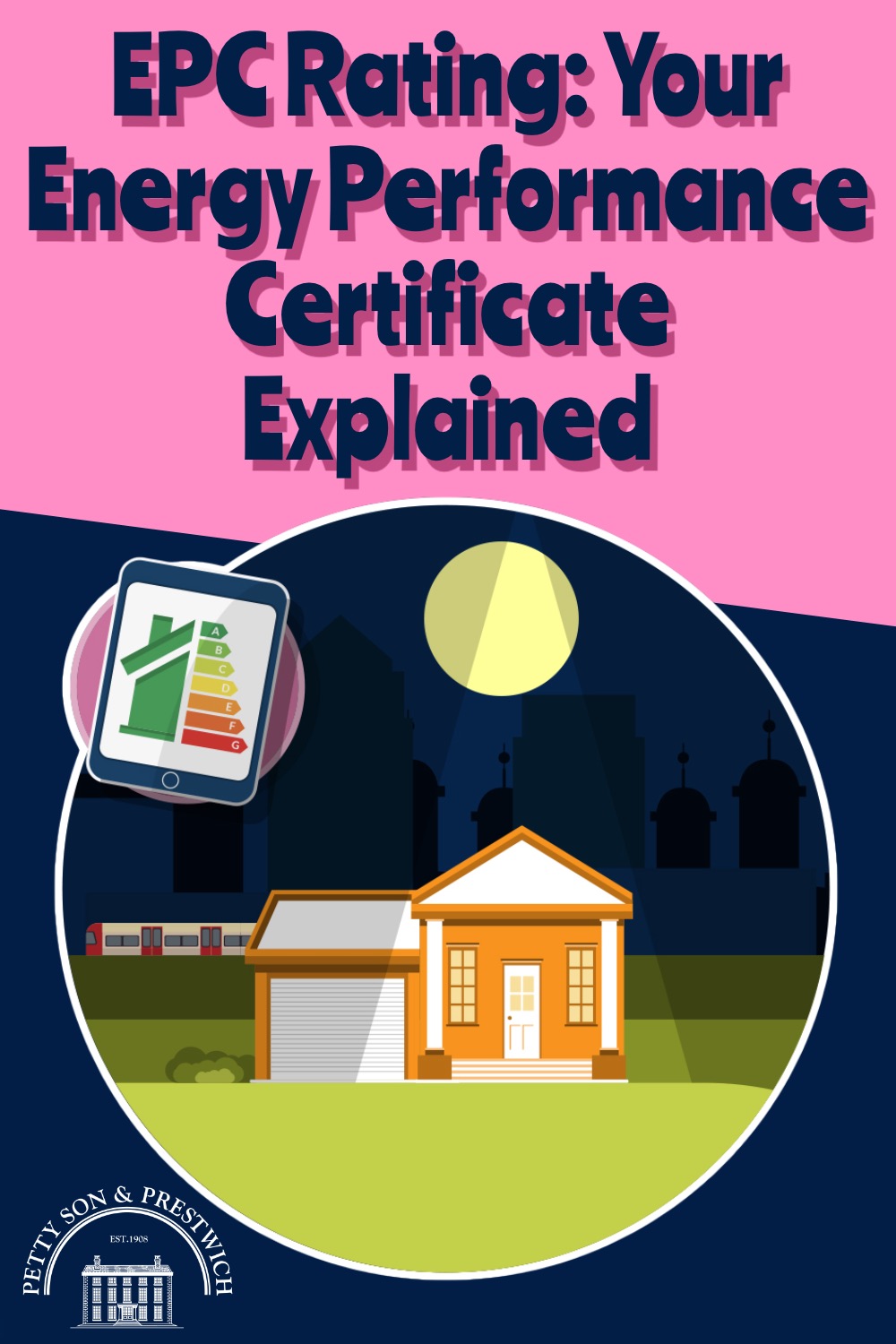Energy Performance Certificates (EPCs) are a relatively new thing, so both those who haven’t been in the property market for a while and first-time buyers will often have questions about the report and the ratings found within it. This post aims to answer those queries for you and give you a breakdown of the certificate itself.
Let’s get started, shall we?
What is an Energy Performance Certificate (EPC)?
EPCs were introduced back in 2007 in order to increase public awareness of the benefits associated with energy efficiency. As one might expect, Energy Performance Certificates are a report on the current standing of a given property in terms of the energy it uses.
The data found within each EPC is represented by way of a traffic light system, graded from A (highly efficient) through to G (inefficient). It also includes details of how your home’s energy efficiency can be improved, how much the work will cost (on average), and highlights the savings you could potentially enjoy should you go ahead and have the work done.
In the next section, we’ll take a closer look at what you’ll find in each section of the report.
What is included in an Energy Performance Certificate?
As with most things, Energy Performance Certificates have changed over the years in terms of how they look, but most of the information remains the same. In each EPC, you’ll find the following information, albeit presented in potentially different ways:
Current energy costs and potential savings
This section is a breakdown of the property’s heating, lighting, and hot water costs. Energy used by ‘white goods’ and such are not included, but it will still give you a solid comparison between different properties, as they are all calculated using the same combination of measurements.
Your energy efficiency rating
Probably the most recognisable part of the whole certificate is the Energy Efficiency Rating. The colour-coded representation of the property’s current standing, and what it could potentially reach, is visually arresting and quick to read, which makes it the part most will remember about their certificate.
Recommended measures to improve efficiency
Your EPC will not only indicate the potential jump in ratings you can make, it’ll also outline exactly what jobs you need to carry out and the savings you could potentially make, too.
This will vary from one property to the next, but all recommendations will be listed in order of importance. It’s worth remembering that the ‘Rating After Improvement’ column reflects this, showing how your rating will climb should you complete each recommendationin the order given.
Performance summary
This section of your EPC shows a detailed breakdown of various parts of the property and presents you with a star rating for each. Stars range from one through to five, with five being the top score available.
Having each element of the home broken down in such a way gives you a far better idea of what’s up to scratch and what isn’t. It also gives potential buyers or renters an easy comparison table to work with should they be torn between two or more homes.
Am I legally obliged to have an EPC?
If you are planning to sell or rent the property in question, yes. In fact, sellers and landlords who fail to obtain a valid EPC within seven days of marketing their property can be fined up to £5,000. In short, EPCs have been a legal requirement since 2008.
How do I obtain an Energy Performance Certificate?
If you are using an estate or letting agent, they will often take care of obtaining an EPC for you. Should you wish to go it alone, however, an EPC must be carried out by an accredited domestic energy assessor. Visit the gov.uk page, Getting a new energy certificate, to find yourself a local qualified inspector.
How much do Energy Performance Certificates cost?
With variables such as property size and type at play, it should come as no surprise that there isn’t a fixed fee for carrying out an energy report on your home. That said, EPCs are not all that expensive. You should, however, get a few quotes in from various assessors before you think of instructing one to carry out the report.
How long is an EPC valid for?
Energy Performance Certificates are valid for 10 years from the date of issue.
A point that many do not realise is that EPCs are awarded to the property, not the person who asks for the report to be compiled, so they can be used over and over during that 10-year period by whoever currently owns the home. This brings us nicely to our final point...
Does my property already have an EPC?
You may not have to shell out for an EPC if you moved into the property in the last 10 years, as it may already have one in place. You can check your home’s current EPC status by visiting this page and entering your postcode. From there, you’ll be able to see whether or not your property has a valid EPC in place and what the last energy rating was.
That’s it for another week, we hope you found this explanation of energy performance certificates useful.
If you are thinking of selling or letting your property and are based in or around the capital, give Petty’s a call. We have been helping people like you make their move on the property market for well over a century and we’d love to welcome you into the family. Give our team of friendly experts a call today to find out how we can assist you.
